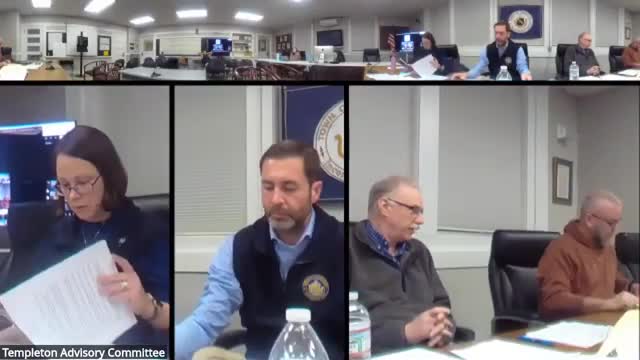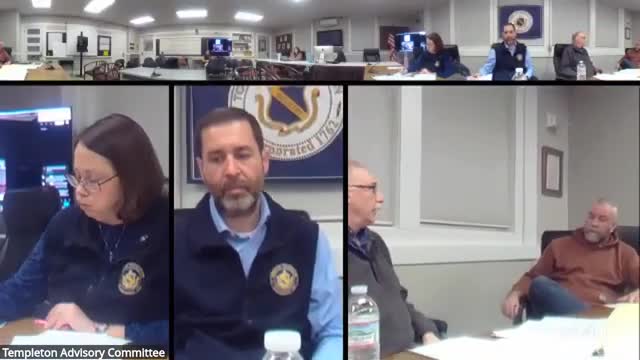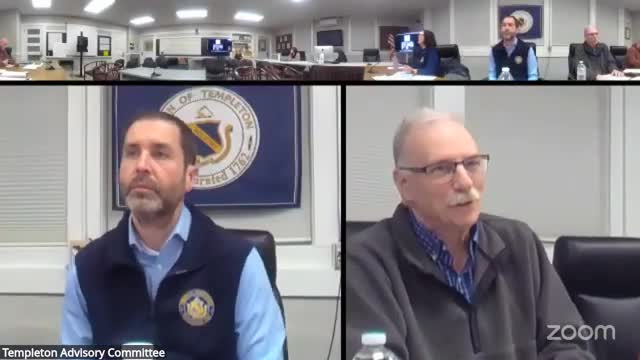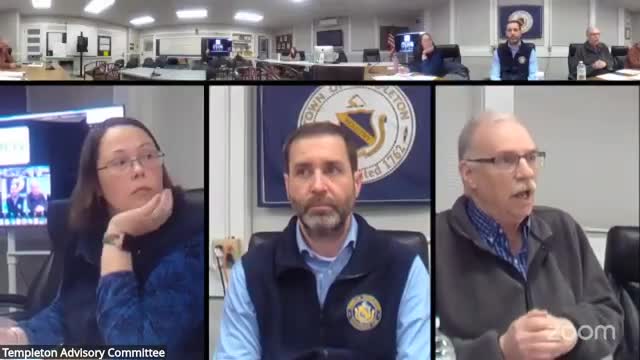Article not found
This article is no longer available. But don't worry—we've gathered other articles that discuss the same topic.

Advisory committee adopts updated list of comparison towns for budget benchmarking

Advisory committee reviews HERO Act property-tax changes for veterans; defers for more data

Templeton advisory committee backs letter supporting HB 3678 and forwards legislative priorities, seeks pilot funding

